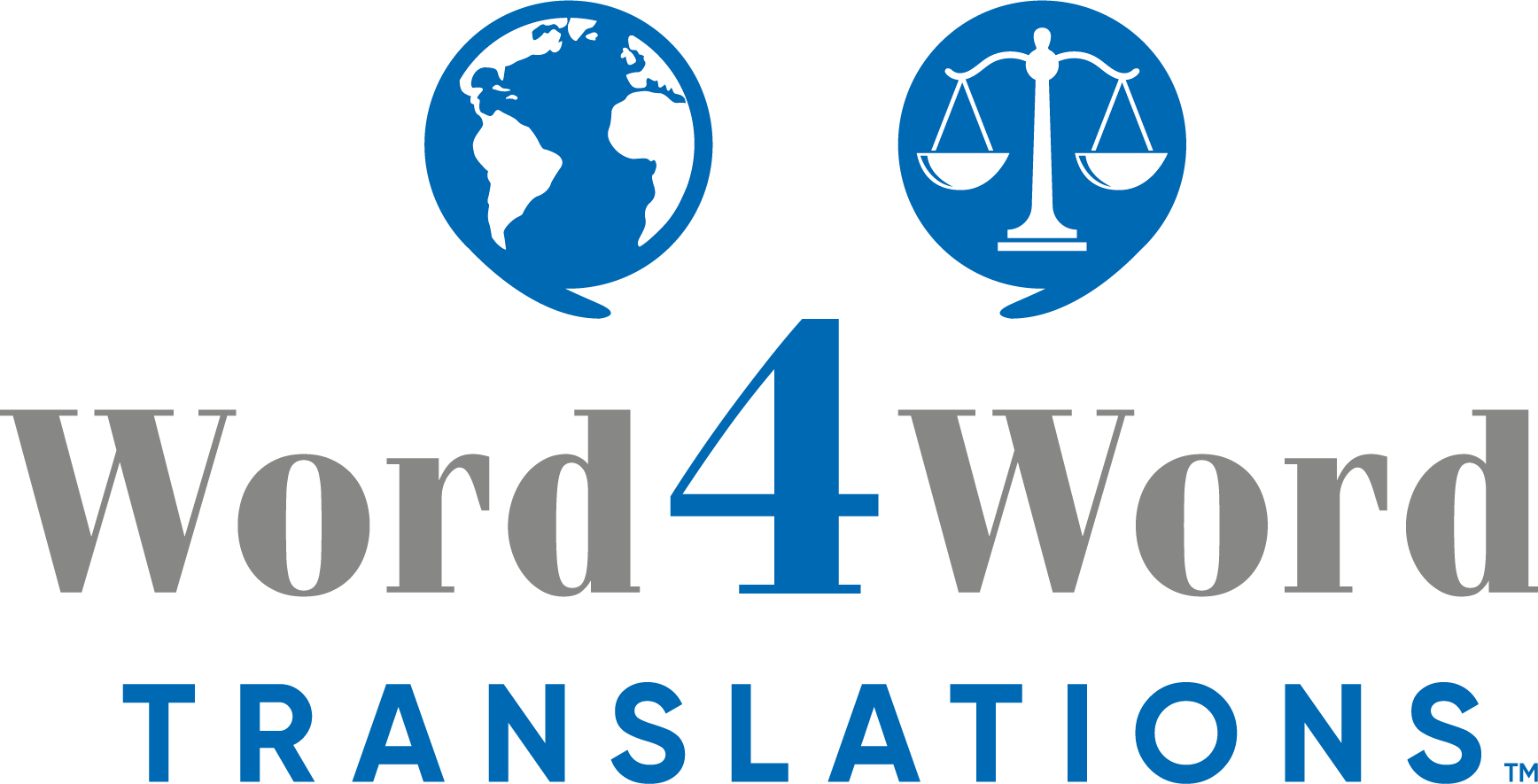Being Bilingual isn’t enough in Legal Translations
Here's Why

When it comes to translating documents, it's easy to assume that having bilingual proficiency is all that's needed. However, the reality is far more complex. While being bilingual or multilingual is undoubtedly advantageous for a translator, it's just the tip of the iceberg, particularly in the realm of Legal Translation. In this article, we delve into the nuanced skills and expertise required for professional legal translators.
A bilingual individual can communicate in two languages, but this alone doesn't guarantee the ability to effectively transfer information between them or possess comprehensive knowledge of specific subject matters in both languages. Many bilingual individuals acquire their second language for professional purposes or for personal communication within their family circle.
Moreover, switching between languages can be challenging, especially in unfamiliar contexts where the second language isn't frequently used. Consequently, bilingualism doesn't always equate to complete fluency across all contexts, nor does it necessarily equip individuals with the skills to grasp and express cultural nuances, especially in sensitive legal cases.
To excel as a professional translator, one must possess the expertise to accurately convey meaning from one language to another. The requisite skills for a professional translator encompass:
1. Understanding of both languages: This goes beyond mere comprehension to include a deep appreciation of nuance, idiom, and cultural context in both languages. Achieving this level of proficiency enables translators to capture the subtlest shades of meaning inherent in legal texts.
2. Expertise in language and subject matter: Legal translation demands more than linguistic proficiency; it requires a comprehensive understanding of legal terminology, concepts, and conventions in both the source and target languages. This expertise ensures accuracy and coherence in translating complex legal documents.
3. Attention to detail: Translating legal texts necessitates meticulousness in redrafting and proofreading to ensure that every word accurately reflects the intended meaning. Even the slightest mistranslation or oversight could have significant legal implications.
In essence, while being bilingual is undoubtedly a valuable asset for translators, it's just the starting point. To navigate the intricacies of legal translation effectively, professionals must cultivate a multifaceted skill set that encompasses linguistic mastery, subject matter expertise, and unwavering attention to detail.
Do you have the professional expertise to be one of our Legal Translators? At Word4Word Legal Translations we are always looking for experts like you.
